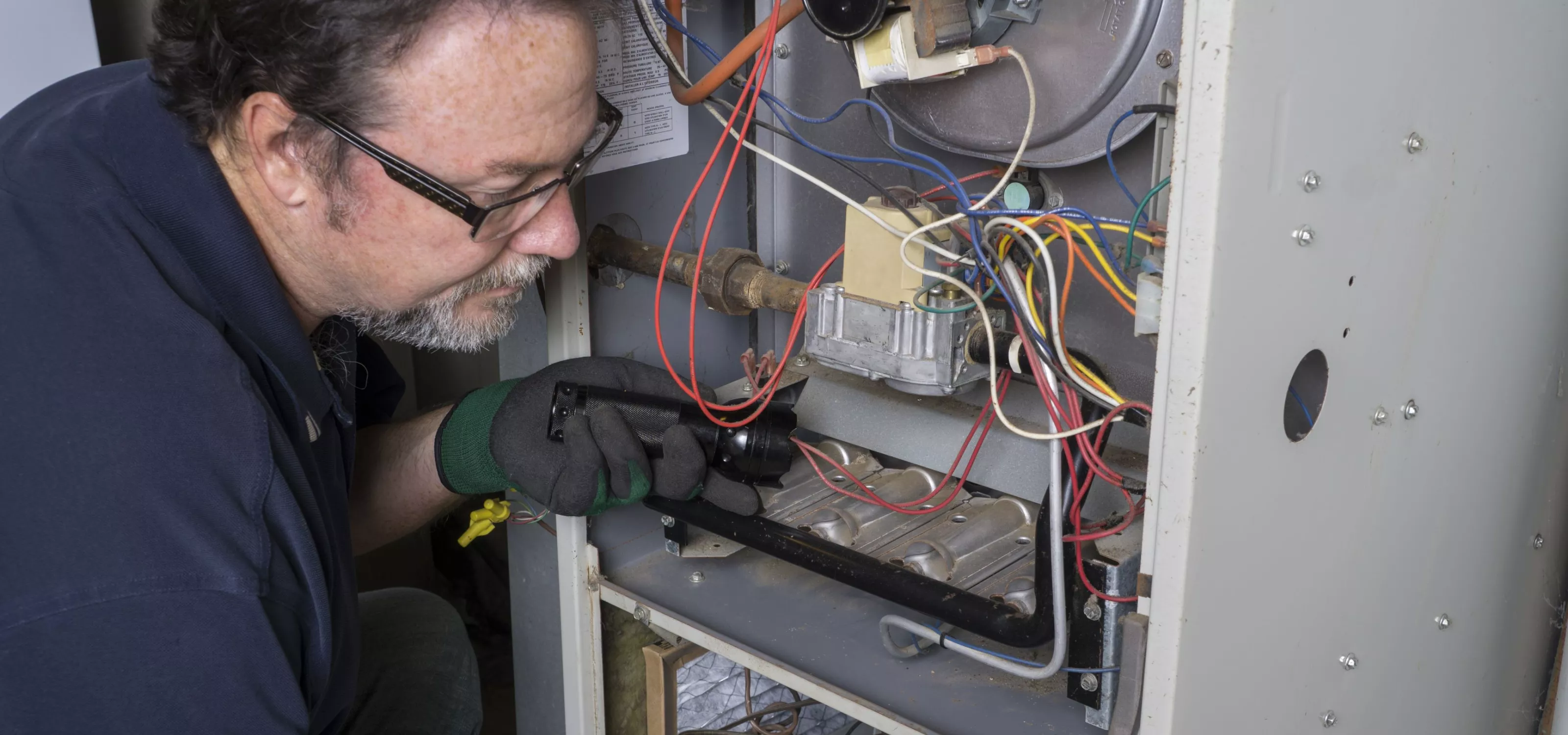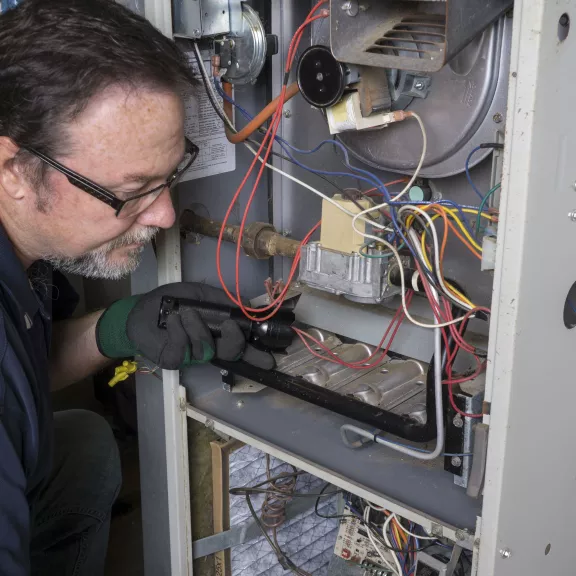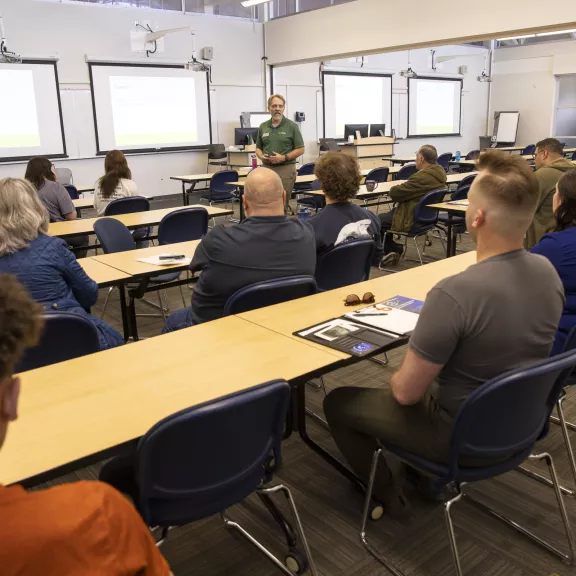
Residential Heating & Cooling Troubleshooting Certificate
About the Residential Heating & Cooling Troubleshooting Certificate
Through this program, you'll develop focused troubleshooting methods and procedures that will help you identify common issues with heating and cooling systems to make necessary repairs.
The first course, Residential Heating and Cooling Troubleshooting Electrical, is designed to provide learners with a comprehensive understanding of basic electrical principles that are essential for comprehending modern control systems used in residential furnaces and air conditioners.
Learners can then apply the knowledge and skills gained from this course to develop targeted troubleshooting methods and procedures in the Residential Heating Troubleshooting and Residential Cooling Troubleshooting courses.
Upskill and become an expert in the residential heating and cooling industry today!
Program Content
Course Descriptions
Residential Heating and Cooling Troubleshooting (one week)
This course gives students the basic electrical principles to understand modern control systems for residential furnaces and air conditioners. Students focus on electrical safety, meters, relays and controls, automatic heating and cooling controls, temperature sensing and control devices, and electrical control drawings and diagram conversions. Basic and efficient gas-fired forced-air heating systems are topics in the class. The practical approach to the class allows students to begin building their residential heating and cooling troubleshooting skills. This class is a pre-requisite for the Residential Heating and Residential Cooling classes.
Residential Cooling Troubleshooting (one week)
Residential Cooling Troubleshooting provides students with the basic theory and applied hands-on practice necessary to effectively diagnose and service residential cooling systems. This course's practical approach allows students to focus on helping students master systematic diagnosis and troubleshooting methods and procedures that will enable them to become skilled, professional residential cooling system service technicians.
Residential Heating Troubleshooting (one week)
Residential Heating Troubleshooting provides students with the basic theory and applied hands-on practice necessary to effectively diagnose and service residential heating systems. This course's practical approach allows students to focus on helping students master systematic diagnosis and troubleshooting methods and procedures that will enable them to become skilled, professional residential heating system service technicians.
Completion Requirements
Learners must successfully complete all course activities and assessments to complete each course.

Related Careers
A wide range of career paths are available to graduates of this program, including:
Home Furnace Service Person
Home Air Conditioner Service Person
Residential Heating System Service Technician
Residential Cooling System Service Technician
Industries:
Construction
Manufacturing
Wholesale
Trades

Meet the Faculty
At Red Deer Polytechnic, we are proud of our faculty members and staff who are experts in their disciplines and subject areas.
Intakes
Fall - Start Date: Sep 04, 2024
- Application window:
-
- Registration start date:
- Fee payment deadline:
- First day of classes:
Admission Requirements
Learners are expected to be journeyman plumbers, gasfitters, sheet metal or electrical journeymen. Those who are electricians are not required to take the Heating and Cooling Electrical Class.
Additional Requirements
Course Materials
Learners can access all material with course registration but must bring safety gear.
Program Cost
Funding for Continuing Education Courses
Students enrolled in continuing education programs may qualify for program-dependent funding opportunities, such as awards, scholarships, government funding and grants.